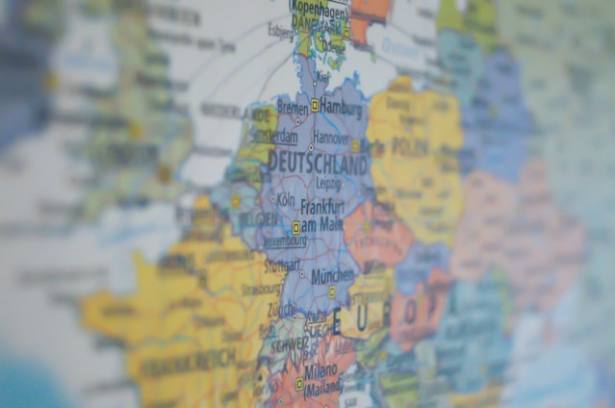So when bond yields are low or falling, those equities often rise in value.
In the event of an economic downturn, one of the likely policy responses from governments would be to cut interest rates, which would typically lead to bond yields falling, and so increases the attractiveness of the income from those consumer durable equities, because while that income is low, it is higher than that offered by bonds and viewed by the market as almost as safe.
Mr Sym says: “Some of those types of companies did very well during the sell-off in March, but the question you have to ask is, ‘what about the valuation?’.”
Hugh Cuthbert, European equity fund manager at SVM, says German residential property shares have defensive characteristics and high yields, so he regards those as likely to perform well in the event of a wider downturn.
John Surplice, head of European equities at Invesco, says it’s not a “naturally defensive market” and that the consumer staple companies’ share prices would suffer quite severely if the next major theme in markets is higher inflation.
“The typical policy response to higher inflation is to put interest rates up, which causes bond yields to rise, and makes the income generated by consumer staple shares relatively less attractive.”
Fahad Hassan, chief investment officer at discretionary fund house Albemarle Street Partners, says the consumer goods companies listed in Europe, such as L’Oreal, Nestle and Roche, are “among the most defensive in the world”.
Impact of coronavirus
Duncan Goodwin, manager of Premier Global Alpha Growth fund, says investing defensively is very different in a world experiencing radical change than would be the case normally.
He says the companies benefiting from those changes are growing in a way that is not particularly impacted by the performance of the wider economy.
Mr Goodwin says structural growth areas best accessed by investing in Europe include alternative energy and food safety.
Mr Cuthbert says: “Technology companies are defensive investments now, though they are often not viewed as that. The fallout from the pandemic has shown us that in tough economic times, demand for technology has risen, not fallen, which is the definition of a defensive investment.”
Michael Crawford, chief investment officer at Chawton, says the biggest long-term challenge facing the European economy is its ageing population.
Structural growth in economies happens only via growth in the working age population, or via technological advancements.
Mr Crawford says the relative lack of venture capital in Europe makes it more difficult for innovation to happen, and this hurts the long-term growth prospects for the economy, but he favours the defensive businesses, of which the European market has many.








